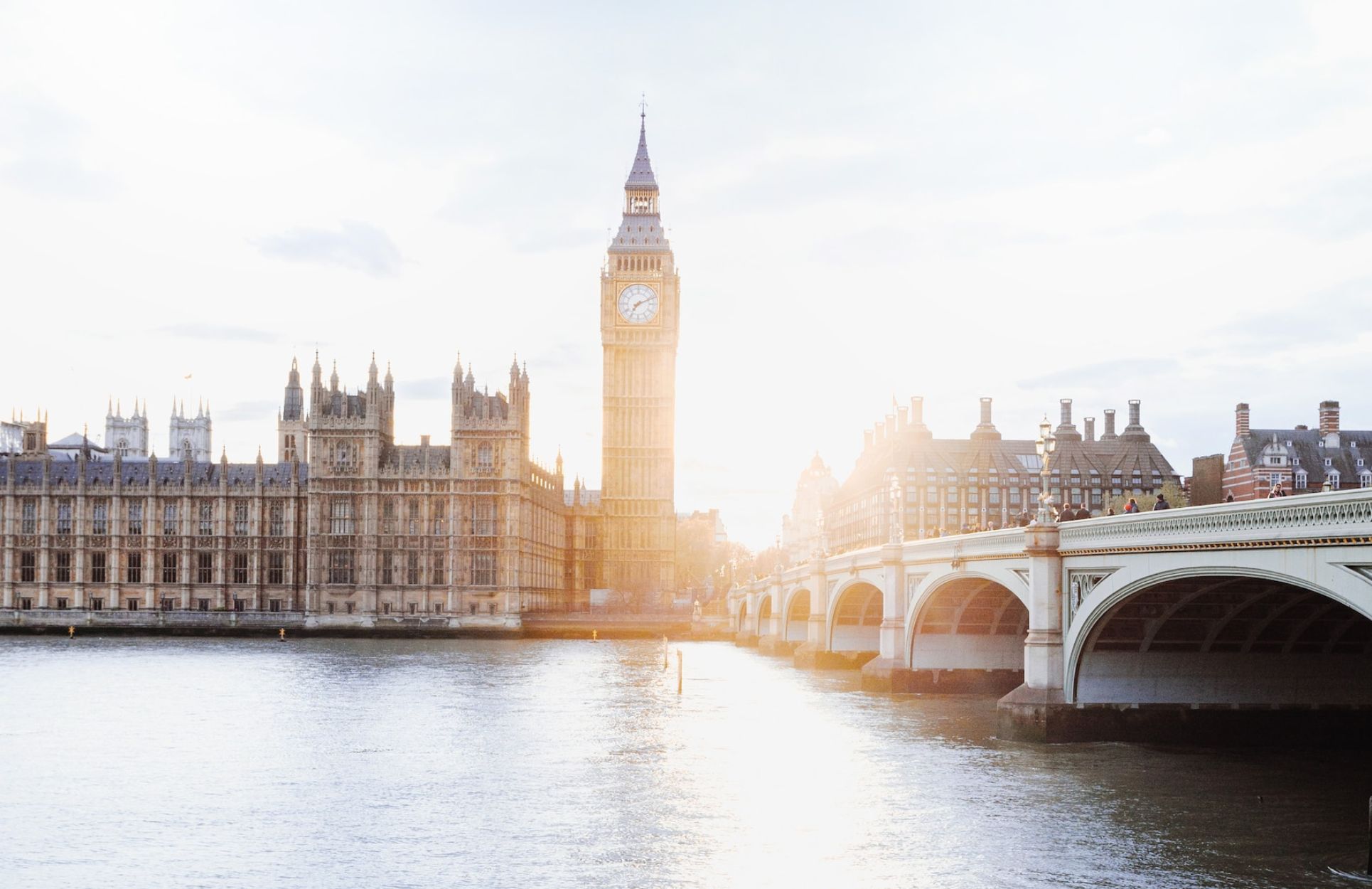 The IFoA’s Charlie Wynne shares his analysis of what to look out for politically over the coming weeks, including the usual big set pieces that typically occupy the Westminster calendar at this time of year.
The IFoA’s Charlie Wynne shares his analysis of what to look out for politically over the coming weeks, including the usual big set pieces that typically occupy the Westminster calendar at this time of year.
A busy autumn in Westminster got underway this week following a mini reshuffle within the government ranks, a slightly more extensive shuffling of the Labour pack by Sir Keir Starmer, and changes on the SNP’s Westminster frontbench, all completed by the end of MPs’ first day back in Parliament. That being said, the final stretch of the year looks to be as eventful as any other – and perhaps even more consequential considering the near-certainty of a UK general election at some point next year (currently touted by political pundits to take place any time between May 2024 and the autumn of 2024).
The final days of August saw the long-anticipated reshuffle of the cabinet by the Prime Minister Rishi Sunak. While it was initially presumed that the Prime Minister would undertake a major reorganisation of his top team, he opted to go with only minimal tweaks necessitated by the resignation of the Defence Secretary Ben Wallace, who declared he would not be contesting his seat at the next general election. Former Energy Security Secretary Grant Shapps has stepped into the breach, while Claire Coutinho – long-time Sunak ally and former aide – has filled Shapps’s place in the energy and net zero brief.
Sir Keir Starmer undertook a reshuffle of his own this week, taking what is likely to be his last opportunity before the general election to bring fresh faces into his top team. Well-regarded Chair of the Business Committee Darren Jones has been brought in as Shadow Chief Secretary to the Treasury, with 2016 leadership candidate Liz Kendal taking over the reins from Jon Ashworth as Shadow Work and Pensions Secretary.
In October Parliament will rise for its conference recess, the annual occurrence during which the major parties – Labour and the Conservatives – call upon their respective party faithful to bear witness to party-political grandstanding by various senior figures and make subsequent, wide-ranging announcements on the direction of travel on a multitude of policy areas. This year’s conference season will be the most far-reaching in terms of announcements and political pressure for both parties, as it is likely be the final conference circuit before next year’s expected general election. As in previous years, the IFoA will have a strong presence at both conferences, with the aim of representing the interests of our members, promoting our comprehensive range of policy work, and showcasing our ideas for tackling the most pressing challenges of our times. At the Conservative Party Conference we look forward to partnering with Policy Exchange for an event reflecting on a year of financial services reform, while at the Labour Party Conference we will be with the Institute for Public Policy Research, where the focus will be on solutions to tackle the climate crisis.
In late November the Chancellor will unveil his Autumn Statement. This is widely seen as a ‘last chance saloon’ for the Conservative government to make significant inroads against the opposition Labour Party – currently in consistent double-digit polling leads – by announcing ‘vote-winning’ measures such as long-awaited cuts to income taxation. Following the short and ill-fated premiership of Liz Truss, plans to cut taxes in 2023 were put on ice in the name of fiscal correction after Rishi Sunak’s ascendancy to Number 10 Downing Street. While there will, of course, be a sequential Spring Budget in March 2024, it might be too late by then for the public to take much notice or to feel the impact of any potential ‘sweetener’ measures in time for the Conservatives to feel the benefit electorally. In contrast, the Autumn Statement provides an opportunity for Labour to present an alternative approach to the public – as a ‘government-in-waiting’ – as well as the chance to attack the government on all sides amid a mounting public deficit, stagnating economic growth, and stubbornly high inflation.
After being delayed from the spring, the first State Opening of Parliament by the new monarch since the death of the late Queen will take place on 7 November. The IFoA’s Public Affairs Team will continue to engage proactively with policymakers and lawmakers to push for the inclusion of the much-anticipated draft Audit Reform Bill. This legislation would overhaul regulation of the actuarial profession as laid out in the government’s 2022 response to its consultation on the future of audit and corporate governance. Honorary IFoA Fellow Steve Webb believes that the King’s Speech will also test the government’s commitment to its pensions reforms – from consolidating small pension pots to driving consolidation of DC pension schemes. Webb stated that ‘the big question’ was whether pensions were regarded as enough of a priority for the government at that point in an election cycle period to be considered of ‘party-political advantage’.
If you’d like to discuss the Public Affairs Team’s work or have any questions about any of the issues mentioned in this blog, please get in touch at charlie.wynne@actuaries.org.uk.